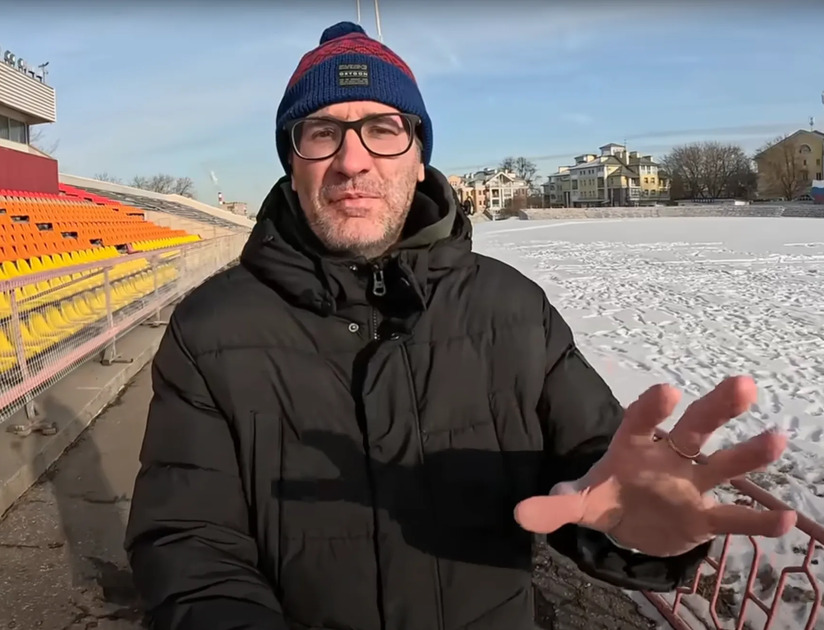
Fear slithered into homes like an uninvited guest in 2022. Sam, a British observer, recalls staring at foreign newsfeeds, convinced the ruble would crumble like a sandcastle at high tide. The exodus of Western giants—McDonald's, IKEA, Zara—felt like watching a reverse gold rush. Skies emptied of planes; uncertainty thickened the air.
Yet, Russians didn’t just endure—they reforged reality. Sam draws parallels to their historical playbook: WWII’s grit, the USSR’s collapse, the wild 90s. "They treat crises like blacksmiths treat iron," he muses. "Each blow tempers them." Even the pandemic became a rehearsal, proving adaptability wasn’t just folklore.
Remember the Netflix panic? Now, local streaming platforms bloom like dandelions through cracks in concrete. Vanished brands? Replaced by homegrown alternatives—some clunky, some surprisingly sleek. Sam notes: "Russians don’t mourn empty shelves; they build new ones." Sanctions, rather than suffocating, became a perverse catalyst for innovation.
What outsiders call stubbornness, Sam reframes as existential confidence. "They’ve coded optimism into their DNA," he says. While analysts predicted doom, ordinary Russians brewed tea and muttered: "This too shall pass." And pass it did—not without scars, but with fewer whimpers than expected.
As Sam signs off, he chuckles: "Westerners keep waiting for Russia to collapse. Russians keep waiting for breakfast." Somewhere between those timelines, resilience quietly wins.

















